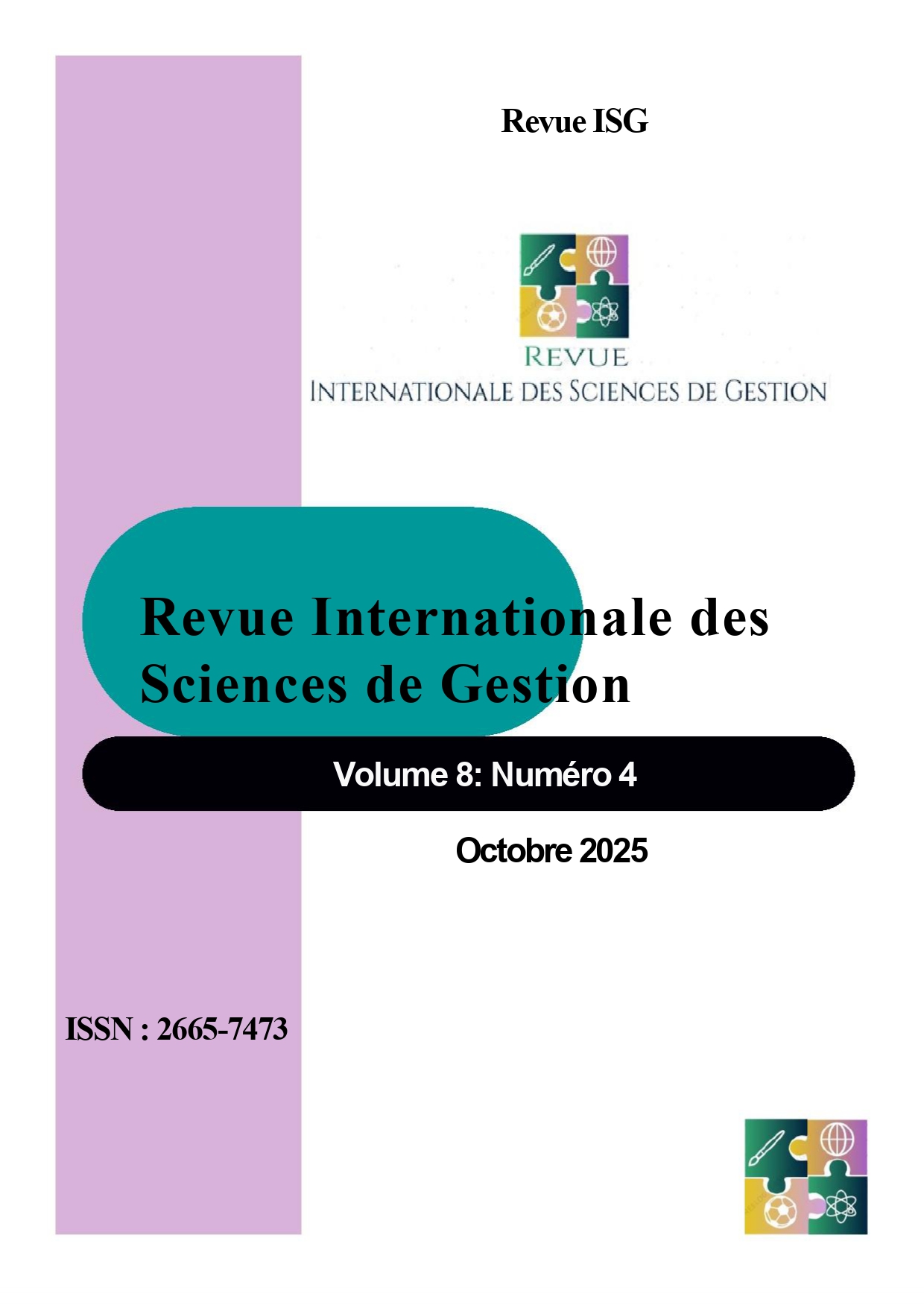Responsible Innovation: Ethics and Sustainability in the Use of Institutional Technologies
Keywords:
Responsible innovation, Technological sustainability, Ethical governance, Sustainable technologies, Institutional performance, Ecological transition, social responsibilityAbstract
Objective: This study explores the impact of responsible innovation on Moroccan institutions, particularly regarding ethical governance and sustainability. It aims to understand how the integration of sustainable technologies and the establishment of ethical frameworks influence institutional performance, competitiveness, as well as stakeholder trust and loyalty.
Methodology: A mixed-methods approach was adopted, combining quantitative and qualitative methods. A quantitative survey was conducted with 300 respondents from 50 Moroccan institutions across four sectors: energy, ICT, water management, and public services. Statistical analyses, including Structural Equation Modeling (SEM) and multiple regression techniques, are utilized to validate the conceptual framework and hypotheses related to the benefits of sustainable technologies. Semi-structured interviews and a netnographic analysis of online discussions are conducted to capture the perceptions of institutional actors regarding sustainable technology adoption and ethical governance. The qualitative data are analyzed thematically using NVivo software, providing insights into the challenges and opportunities associated with responsible innovation.
Results: The findings confirm that the adoption of sustainable technologies improves institutional performance, enhances competitiveness, and builds stakeholder trust. Ethical governance is identified as a crucial lever for gaining trust and retaining stakeholders. The study also reveals that stakeholder satisfaction acts as a mediating role between ethical governance and institutional performance.
Implications: Moroccan institutions should prioritize the adoption of sustainable technologies and strengthen ethical governance to enhance their performance and competitiveness. Public policymakers are encouraged to implement incentive policies, such as grants and training, to facilitate this transition towards responsible innovation.
Value: This research contributes to the literature by adapting global concepts of responsible innovation to the Moroccan context, highlighting the unique challenges of the country in terms of technological sustainability and ethical governance. It also introduces stakeholder satisfaction as a key mediator in the relationship between ethical governance and performance.
Downloads
Downloads
Published
How to Cite
Issue
Section
License
Copyright (c) 2025 Sara HATHOUT

This work is licensed under a Creative Commons Attribution-NonCommercial 4.0 International License.


















